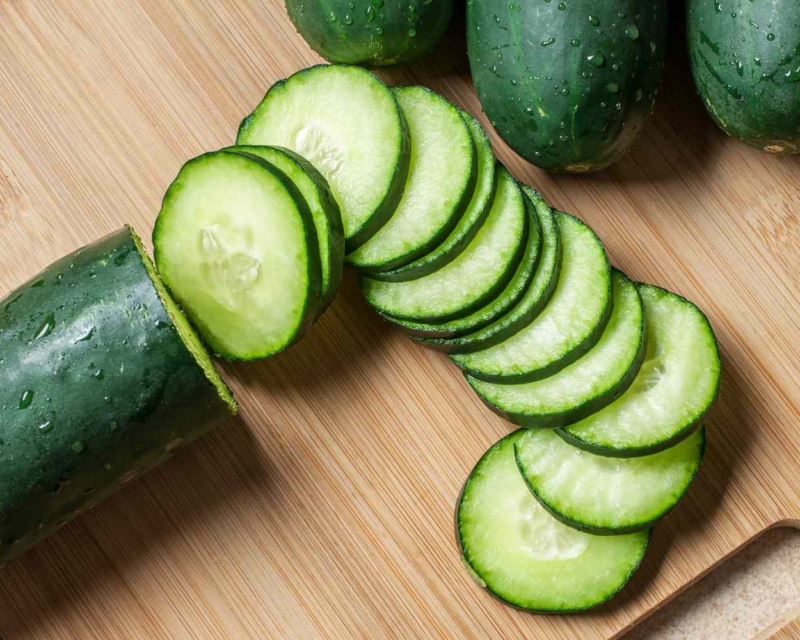CDC Declares End to Salmonella Outbreak Linked to Tainted Cucumbers
The U.S. Centers for Disease Control and Prevention (CDC) has officially declared the end of a widespread Salmonella outbreak that sickened at least 551 people across the country. The outbreak, linked to cucumbers contaminated with the Braenderup strain of Salmonella bacteria, led to the hospitalization of 155 individuals. Fortunately, no deaths were reported.
The CDC’s investigation traced the source of the contamination to untreated canal water used by a Florida-based cucumber grower. The contaminated water was found to have carried the Salmonella bacteria, which subsequently infected the cucumbers. An additional grower was also identified as a likely contributor to the outbreak, further complicating the supply chain of the tainted produce.
While the outbreak is over, the incident serves as a stark reminder of the vulnerabilities in the food supply chain, particularly regarding the use of untreated water in agricultural practices. The CDC’s findings underscore the importance of stringent safety protocols and regular testing to prevent such outbreaks from occurring in the future.
For the hundreds who fell ill, this outbreak has been a painful experience, and for the growers involved, a costly one. As the agricultural sector continues to recover from this incident, the focus will undoubtedly be on improving safety standards to ensure that produce reaching consumers is free from harmful pathogens.
In the aftermath of this outbreak, consumers may be more vigilant about the sources of their food, while growers and regulators alike will likely push for more rigorous oversight and preventive measures to avoid future contamination events.






